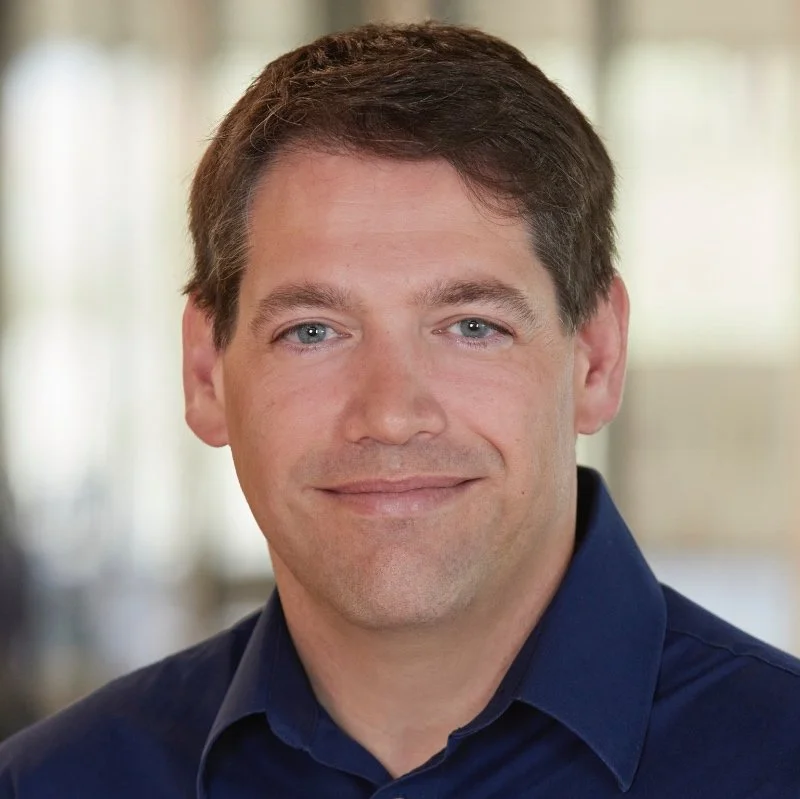“We Don’t Actually Buy Anything”: Philip Ideson on Redefining Procurement
The founder of Art of Procurement, Philip Ideson, says it is no longer about purchasing. It’s about orchestrating ecosystems, aligning cross-functional priorities, and navigating risk in increasingly complex supply markets.
There’s this longstanding perception that procurement is just about cost control and compliance,” says Philip Ideson, founder and Managing Director of Art of Procurement. “When I launched the podcast ten years ago, I wanted to challenge that. That’s where the ‘Art’ came from. Procurement is much more nuanced than most people—even in the profession—realize.”
Today, Art of Procurement is no longer just a podcast. With over 1.5 million downloads, six ongoing show formats, and a recent acquisition of the ProcureTech100 and Founders’ Circle programs, Ideson has built an always-on platform that blends content, executive insight, and peer collaboration. And yet, his core idea remains unchanged: if procurement is to remain relevant, it needs to grow up—and out of its old job description.
"Procurement might hit all its targets, and still fail the business."
When asked what failure he wishes every executive could witness firsthand, Ideson doesn’t cite supplier disruptions, compliance violations, or even missed savings targets. Instead, he tells a story about connecting to business outcomes.
“I learned this the hard way many years ago when I bought catering services in the automotive industry.” A simple cost-driven substitution—different French fries—led to disgruntled factory workers and a measurable decline in performance. “What procurement might see as a low-risk, insignificant, or commoditized item,” he says, “can actually have serious downstream impact. These are the kinds of failures that come back to bite you after the damage is already done.”
The caution for senior executives is clear: procurement metrics don’t always tell the whole story. And “beyond-the-contract” thinking isn’t optional, it’s essential.
AI will not replace what makes procurement matter
Ideson is no technophobe. He embraces AI and automation and sees the tools available today as transformative for the function. But, he draws a line.
“There’s no way AI can replicate the level of problem-solving that happens when you're building real human collaboration, especially when you're dealing with non-standard situations,” he says.
“Structuring a partnership that requires two sides to rethink how they work together, that requires a human understanding (reading between the lines), knowing what people aren’t saying. You can’t train that into an algorithm.”
For Ideson, the most high-impact supplier strategies aren’t confined to platforms: they're born out of trust, empathy, and negotiation. And while AI models can amplify what people know, they can’t replace how people decide, influence, or adapt in real time.
“The best leaders are the ones who admit they don’t know everything.”
Having interviewed hundreds of executive leaders across industries, Ideson has developed a sense of what sets the top tier apart… and it’s not technical brilliance.
“The best leaders create room for others to figure things out,” he says. “They empower their teams to experiment, to bring back answers that aren’t obvious, to challenge what’s been done before. And when failure happens, it’s part of the process, not a threat.”
This culture of trust, adaptability, and curiosity, he argues, sets apart organizations where procurement is an enabler from those where it remains a bottleneck.
A new name for a function outgrowing its job title
Despite having spent the last decade building a brand around the word procurement, Ideson now says the function might need a completely new label.
“I would rename it ‘Supply Management’,” he offers, without hesitation. “The truth is, we don’t actually buy or procure anything. We manage ecosystems. We develop suppliers. We advise internal decision-makers and scan for opportunities.
The actual buying is likely automated or done by people procurement might never even meet.”
With categories increasingly digitized and buying decentralized, he sees today’s procurement teams as orchestration engines pulling levers across the supply chain, not just in sourcing.
The next investment: entrepreneurial procurement
If there’s one message Ideson keeps returning to, it’s that the future won’t reward functionally excellent procurement teams, it will reward business-literate ones.
“Procurement has to start thinking like entrepreneurs inside the business,” he says. “That means stepping outside the confines of old metrics and aligning with what the business needs to grow, whether that’s resilience, speed, or visibility. And then knowing how to bring the supply base to the table to deliver on that.”
He also emphasizes training beyond technology. Yes, teams need AI literacy and the ability to build insights from data, but those are table stakes. What matters more is “teaching people how to build relationships, how to navigate complexity, and how to influence when they don’t have authority.”
“Procurement is the next business frontier, it’s time to lead like it.”
At a time when supply disruptions, digital transformations, and competitive pressures are converging, Ideson believes procurement is uniquely placed to connect vision with execution.
But it will require a shift in mindset—from compliance function to strategic engine.
From buyer to integrator.
From cost-cutter to value creator.
“It’s not about being seen as more important,” Ideson says at the end of our conversation. “It’s about showing up differently. We need to lead differently inside the business. That’s where the next decade is going.”
For supply chain and procurement leaders under pressure to do more with less, Philip Ideson’s message is both a challenge and an invitation: Don’t wait for someone to redefine your function. Do it yourself.
About Philip Ideson
He is the Founder and Managing Director of Art of Procurement, a media,
events, and advisory business that helps procurement leaders elevate their impact.
Since its start in 2015 as a podcast, Art of Procurement has earned 1.5 million
downloads and now produces six different shows. Before Art of Procurement, Philip led procurement
transformation, shared services, category management, and sourcing programmes
for organisations including Ally Financial, Chiquita, Pfizer, and Visteon.


